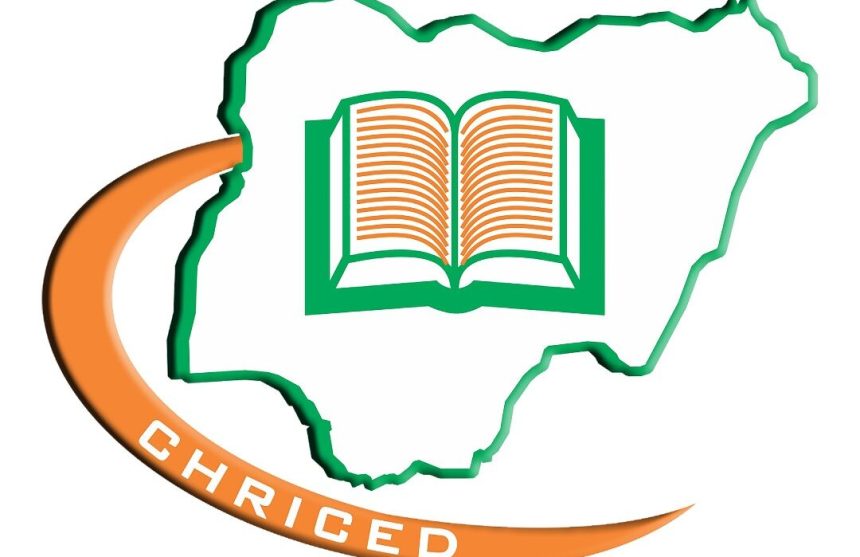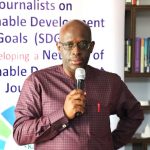By Angela Atabo
Resource Centre for Human Rights and Civic Education (CHRICED), an organisation promoting democratic principles, has supported the call to recognise Abuja as the 37th state within the Nigerian federation.
The Executive Director of CHRICED, Ibrahim Zikirullahi, said this at a news conference on Thursday in Abuja on the state of the nation.
Zikirullahi said making Abuja a state, would have far reaching benefits than the creation of additional 31 states across the six geopolitical zones of the nation.
He said should this proposal be ratified, it would increase the total number of states from the current 36 to 67.
According to him, the initiative raises significant concerns regarding its rationale and the potential implications for the country as a whole and could have far-reaching implications for the distribution of resources and governance in Nigeria.
This, he said would also lead to increased administrative costs and further strain the already limited financial resources of the federation.
“The sole aspect of the proposal that we believe merits serious consideration by our legislators is the constitutional recognition of Abuja as the 37th State within the Nigerian federation.
“This recognition would not only symbolise the inclusion of the Federal Capital Territory (FCT) within the broader national framework but also address the pressing concerns of the indigenous people.
“Currently, the original inhabitants grapple with a myriad of challenges, including statelessness, which leaves them without the rights and privileges afforded to citizens of recognised states.
“Additionally, they face landlessness, as many have been displaced from their ancestral lands due to urban development and government policies.
“This situation has led to political marginalisation, where their voices and needs are often overlooked in the national discourse, and economic hardship, as they struggle to access basic services and opportunities for livelihood.”
Zikirullahi said that CHRICED is of the view that any constitutional amendment regarding the structure of Nigeria’s federation should not only focus on the recognition of Abuja but also aim at significantly reducing the size of the government apparatus.
He explained that a leaner government would help lower the cost of governance, making it more efficient and responsive to the needs of the citizens.
He said in this regard, legislators should prioritise a return to a regional system, which would involve utilizing the six geopolitical zones as federal entities.
He added that the approach would not only promote regional autonomy but also foster a sense of ownership and accountability among the local populations.
He said that accompanying this shift should be a comprehensive devolution of powers and resources from the central government to these regional entities.
“By empowering the regions, we can ensure that governance is more localized, allowing for policies and initiatives that are better tailored to the unique needs and circumstances of each area.
“This would also encourage healthy competition among the regions, driving innovation and development while reducing the over-reliance on federal allocations.”
Zikirullahi said that CHRICED therefore, recommended the need to fight corruption, would guarantee the economic survival of Nigeria.
He said the government should adopt a multifaceted approach to enhance security, ensuring that citizens lived and work without fear.
He called for the implementation of thorough electoral reforms to ensure a transparent, fair and inclusive democratic process.
He added that CHRICED called for the need to combat unemployment to foster economic stability and growth.
“The government must create an environment conducive to job creation, particularly for the youth, who represent a significant portion of the population.
“Lowering governance costs is another crucial area that requires attention; by streamlining operations and reducing waste, the government can allocate more resources to development initiatives that directly benefit citizens.
“Additionally, alleviating economic hardship is essential for improving the quality of life for many Nigerians. This includes addressing issues such as excessive taxation and unjustified bank charges, which disproportionately affect the most vulnerable members of our society.”
Zikirullahi said that CHRICED urged Nigerians, regardless of their backgrounds or social standings, to take decisive action in order to make the nation better.












